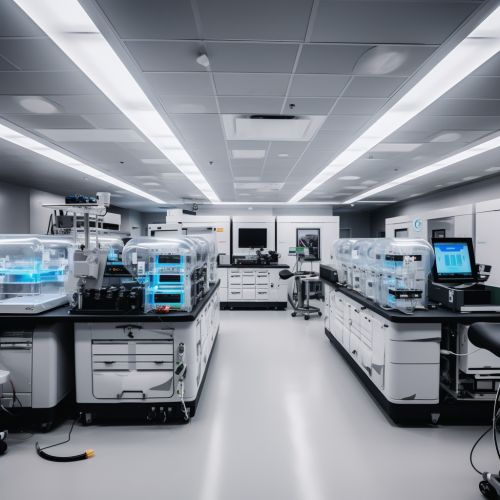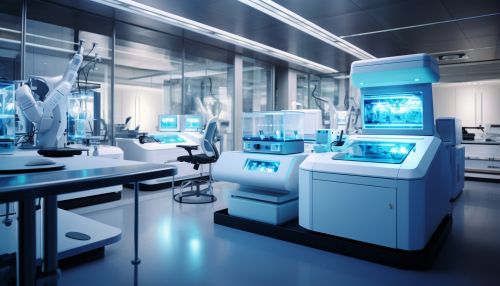Advances in Understanding the Human Microbiome
Introduction
The human microbiome refers to the collection of microbes, such as bacteria, viruses, fungi, and protozoa, that inhabit the human body. These microbes play a crucial role in human health, influencing a range of physiological processes, from digestion to immune function. In recent years, advances in technology and research methodologies have led to a deeper understanding of the human microbiome and its role in health and disease.


Composition of the Human Microbiome
The human microbiome consists of a diverse array of microorganisms. The majority of these microbes reside in the gut, particularly in the large intestine, but they are also found in various other parts of the body, such as the skin, mouth, and vagina. The gut microbiome is dominated by bacteria, with two phyla, Firmicutes and Bacteroidetes, making up the majority. However, the microbiome also includes viruses (the virome), fungi (the mycobiome), and protozoa. The composition of the microbiome can vary greatly between individuals, influenced by factors such as diet, lifestyle, genetics, and age.
Role of the Microbiome in Health
The microbiome plays a crucial role in maintaining human health. It aids in digestion by breaking down complex carbohydrates and producing essential vitamins. It also plays a key role in the development and function of the immune system. The microbiome helps to protect against pathogenic microbes, either by outcompeting them for resources or by producing antimicrobial substances. Furthermore, research has shown that the microbiome can influence the function of distant organs and systems, such as the brain and the cardiovascular system, through the production of various metabolites and signaling molecules.
Microbiome and Disease
Disruptions to the microbiome, known as dysbiosis, have been linked to a range of diseases. These include gastrointestinal disorders, such as inflammatory bowel disease and irritable bowel syndrome, as well as metabolic disorders, such as obesity and type 2 diabetes. Dysbiosis has also been implicated in neurological disorders, such as autism and Parkinson's disease, and cardiovascular disease. The mechanisms by which dysbiosis contributes to disease are complex and multifactorial, involving changes in microbial composition, alterations in microbial metabolites, and immune dysregulation.
Advances in Microbiome Research
Advances in sequencing technologies, such as next-generation sequencing, have revolutionized microbiome research. These technologies have allowed for the comprehensive characterization of the microbiome, including the identification of previously uncultured microbes. In addition, the development of bioinformatics tools and databases has facilitated the analysis and interpretation of the vast amount of data generated by microbiome studies.


Future Directions
Future research in the field of the human microbiome is likely to focus on several key areas. These include the development of novel therapeutic strategies to modulate the microbiome, such as fecal microbiota transplantation and probiotics. There is also a growing interest in the role of the microbiome in personalized medicine, with the potential to use an individual's microbiome composition to predict disease risk and response to treatment. Furthermore, research is likely to continue to explore the complex interactions between the microbiome and the host, including the role of the microbiome in shaping the immune response and influencing the function of distant organs.
